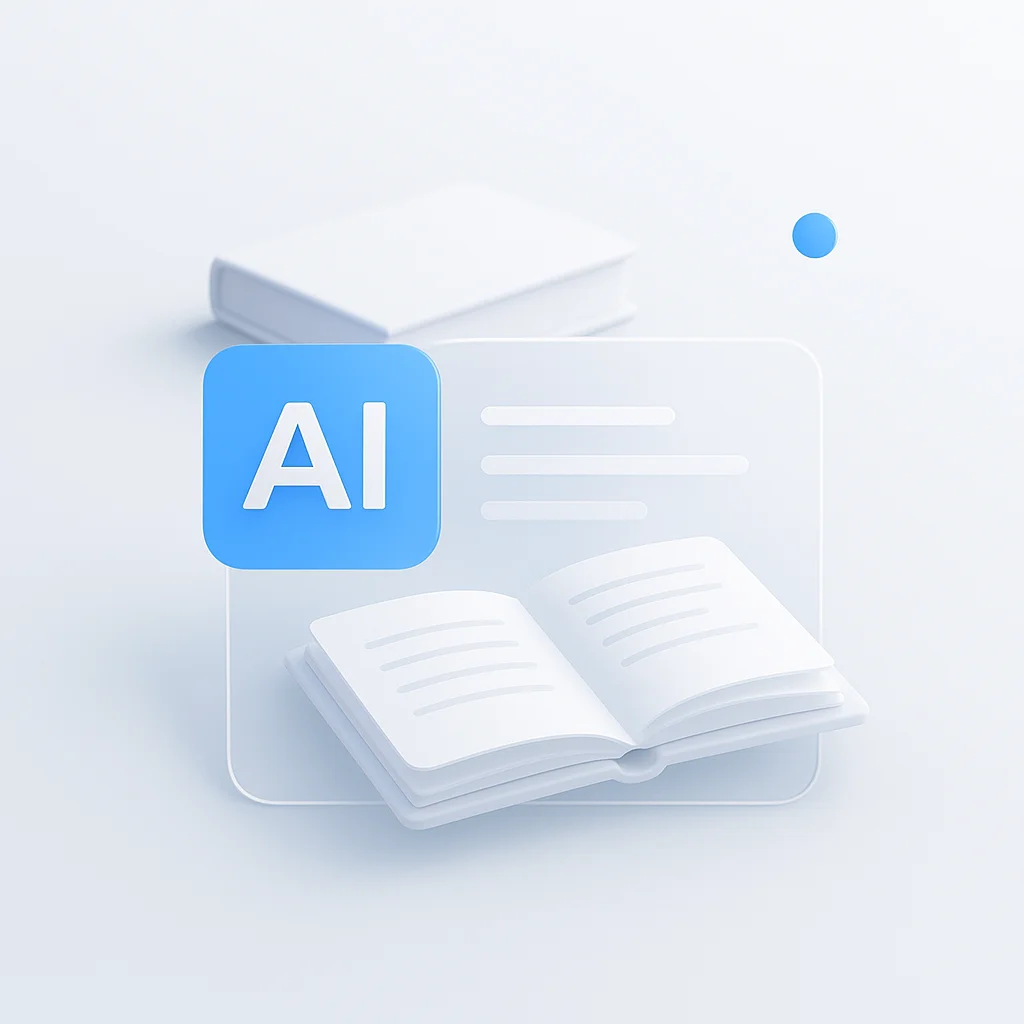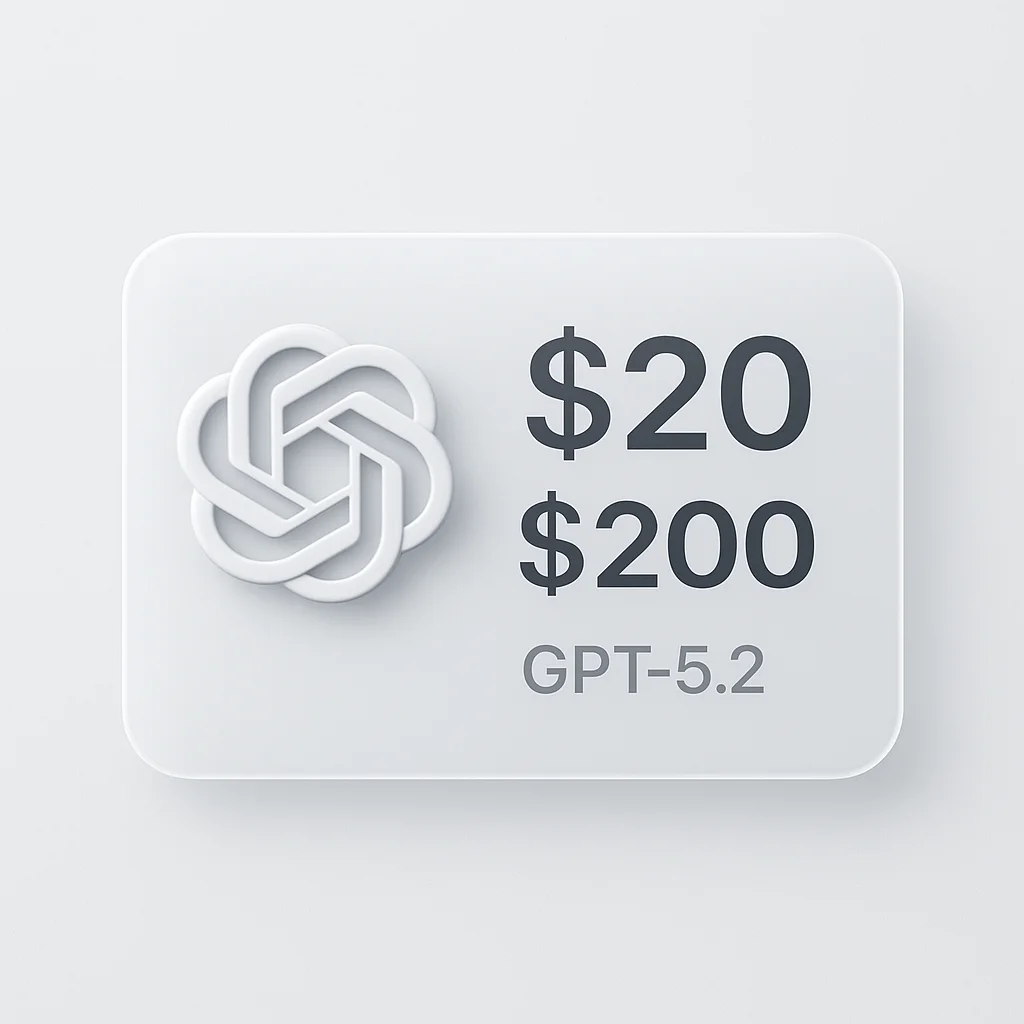10 Best AI Book Summarizers for Students (2026, Free + Paid)

You have 400 pages of reading due Thursday and you started zero of them. Sound familiar? An AI book summarizer won’t replace actually reading, but it can get you oriented fast — pulling out main arguments, chapter themes, and terms you need to know before you sit down with the real text. We tested 10 AI book and textbook summarizer tools in February 2026 and compared them on pricing, accuracy, PDF support, and how well they actually handle dense academic material.
A Pew Research study found that 95% of U.S. adults aged 18-29 own a smartphone, and most students now do at least some of their reading digitally. Meanwhile, research from the APA confirms that retrieval practice (testing yourself on material) improves long-term memory. That makes summarizers useful as a preview and review layer around actual reading, not a replacement for it.
If you’re looking for AI tools that summarize video lectures or audio recordings, we have separate guides for those.
Quick Picks
- QuillBot. Best free AI book summarizer overall. Free for up to 600 words; premium from $8.33/mo (annual).
- Scholarcy. Best for research papers and academic PDFs. Free tier with 10 summaries; $9.99/mo for unlimited.
- Blinkist. Best for nonfiction book summaries. 1 free summary/day; $14.99/mo or $89.99/yr.
- Noiz. Best completely free option. No sign-up, no limits.
Comparison Table
| Tool | Best For | Free Plan | Paid Price | PDF Upload |
|---|---|---|---|---|
| QuillBot | General text summarization | 600 words | $8.33/mo (annual) | No (paste only) |
| Scholarcy | Academic papers / PDFs | 10 summaries (1/day) | $9.99/mo | Yes |
| Blinkist | Nonfiction book summaries | 1/day (pre-selected) | $14.99/mo or $89.99/yr | No (curated library) |
| Noiz | Quick free summaries | Unlimited, no sign-up | Free | No (paste only) |
| TLDR This | Web articles | 10 advanced/mo | $4/mo | No (URL or paste) |
| Resoomer | Essays / humanities | Basic summaries | $9/mo | Yes (paid) |
| Genei | Literature reviews | 14-day trial | ~$5/mo (Basic) | Yes |
| NoteGPT | Visual learners / mind maps | 15 requests/mo | $9.99/mo | Yes |
| Shortform | Deep nonfiction guides | 5-day trial | $24/mo or $197/yr | No (curated library) |
| Summarist.ai | Quick nonfiction overviews | Unlimited (for now) | Free | No (title search) |
A note on ChatGPT: you can paste text into ChatGPT and ask for a summary, but it can’t process a full PDF textbook, generate chapter-by-chapter notes, or extract citations the way dedicated tools can. For anything longer than a few pages, a purpose-built AI book summarizer is more practical.
Tool Reviews
QuillBot
Best free AI book summarizer for general text
QuillBot’s summarizer condenses pasted text into bullet points or a cohesive paragraph. You can adjust the output length with a slider. The free tier handles up to 600 words per input, which covers about 2 textbook pages. For longer chapters, you’ll need to paste in sections or upgrade to Premium.
Pricing: Free up to 600 words. Premium is $19.95/mo, $79.95/6 months, or $99.95/yr (~$8.33/mo).
Pros
- Clean interface, very fast
- Two summary modes (key sentences + paragraph)
- Chrome extension for quick access
- Pairs with QuillBot's paraphraser and grammar checker
Cons
- 600-word free limit means multiple pastes for long chapters
- No PDF upload -- paste only
- Can oversimplify technical or math-heavy content
Website: quillbot.com/summarize
Scholarcy
Best AI textbook summarizer for academic PDFs
Scholarcy is built specifically for academic reading. Upload a PDF and it breaks the paper into structured summary flashcards: background, methods, results, key findings, and extracted references. It handles journal articles, textbook chapters, and reports. The free plan gives you 10 summaries with a limit of 1 per day.
Pricing: Free (10 summaries, 1/day). Scholarcy Plus is $9.99/mo or $90/yr (~$7.50/mo). Academic institution licenses start at $8,000/yr.
Pros
- Purpose-built for academic PDFs
- Extracts citations and references automatically
- Structured output (not just a blob of text)
- Good at identifying methodology sections
Cons
- Scanned PDFs need OCR cleanup first
- Free tier is limited (10 total summaries)
- Browser extension sometimes lags on large files
Website: scholarcy.com
Blinkist
Best for nonfiction book summaries with audio
Blinkist is different from the other tools here: instead of summarizing text you upload, it has a curated library of 7,000+ nonfiction books already summarized into 15-minute “Blinks.” Each summary covers the main arguments chapter by chapter. The audio option lets you listen during commutes. It won’t help with your assigned textbook, but it’s good for supplementary reading on business, psychology, science, and self-improvement topics.
Pricing: 1 free pre-selected Blink/day. Premium is $14.99/mo or $89.99/yr. Pro (includes Blinkist AI for custom content) is $139.99/yr. Includes a free account to share.
Pros
- Professional, human-written summaries
- Audio versions for every title
- Well-organized by topic and reading lists
- Includes a second free account to share
Cons
- Can't upload your own textbook or PDF
- Limited to their curated library
- Not useful for assigned academic readings
Website: blinkist.com
Noiz
Best completely free AI book summarizer
Noiz is as simple as it gets. Paste text, click summarize, get your output. No registration, no payment, no daily limits. The interface is minimal, which is either a pro or a con depending on what you need. It handles chapter-length text well but doesn’t have PDF upload or citation extraction.
Pricing: Completely free. No sign-up required.
Pros
- 100% free, no account needed
- No daily limits or word caps
- Fast and distraction-free
Cons
- Paste-only, no PDF upload
- No citation or reference extraction
- Limited formatting controls
TLDR This
Best for summarizing web articles and online readings
TLDR This is built for online content. Paste a URL or text and it strips out ads, sidebars, and other clutter, then gives you the main points. The browser extension makes it one click. It works best on well-structured web articles and news stories. For long textbook PDFs, you’ll want a different tool.
Pricing: Free (10 advanced summaries/mo + 10 paraphrases). Starter is $4/mo. Professional plan available for higher limits.
Pros
- Browser extension is extremely fast
- Strips ads and clutter from articles
- Good for assigned online readings
Cons
- Not designed for long-form books or PDFs
- Struggles with poorly formatted pages
- 10 free advanced summaries is restrictive
Website: tldrthis.com
Resoomer
Best for essays and argumentative texts
Resoomer focuses on identifying the thesis and main arguments in a text, which makes it especially useful for philosophy, political science, and literature assignments. The “manual” mode lets you identify specific passages to summarize. Paid plans add PDF upload, audio summaries, and support for images.
Pricing: Free for basic text summaries. Premium starts at $9/mo with a 7-day free trial. Paid plans unlock PDF upload, audio, and multilingual summaries.
Pros
- Good at surfacing thesis and core arguments
- Manual mode for targeting specific sections
- Multilingual support
Cons
- Interface looks dated
- PDF upload is paid only
- Less effective on STEM content
Website: resoomer.com
Genei
Best for multi-paper literature reviews
Genei is a research tool that lets you upload multiple PDFs, organize them into projects, and ask questions across your documents. It generates summaries, extracts references, and lets you build a literature matrix. The 14-day free trial gives you full access before committing.
Pricing: 14-day free trial. Basic is ~$5/mo (GBP 3.99/mo annual). Pro is ~$20/mo (GBP 15.99/mo annual) with multi-document analysis and unlimited file sizes.
Pros
- Great for managing multiple papers in one workspace
- Ask questions about your uploaded documents
- Citation generation built in
- Academic pricing available
Cons
- No permanent free plan
- Pro features (multi-doc analysis) cost more
- Learning curve to set up workspaces
Website: genei.io
NoteGPT
Best for visual learners who want mind maps
NoteGPT generates summaries and optional mind maps from text, PDFs, and even YouTube videos. The mind map feature is useful for visual learners who want to see how concepts connect. The free plan gives you 15 requests per month, which is enough for occasional use but not daily studying.
Pricing: Free (15 requests/mo). Pro is $9.99/mo or $83/yr. Unlimited is $29/mo or $239/yr.
Pros
- Mind map generation from summaries
- Handles PDFs and YouTube videos
- Note organization and sharing
Cons
- 15 free requests/mo is tight for heavy use
- Web and app versions have different features
- Mind maps can be oversimplified for complex topics
Website: notegpt.io/book-summary
Shortform
Best for in-depth nonfiction book guides
Shortform takes the opposite approach from quick-summary tools. Each book guide runs about 45 minutes of reading and includes exercises, external references, and counterarguments to the author’s main points. The library covers 1,000+ nonfiction titles. It’s more expensive than Blinkist but the depth is noticeably better.
Pricing: 5-day free trial. $24/mo monthly, or $197/yr (~$16.42/mo).
Pros
- Detailed guides with exercises and counterpoints
- Audio narration for all guides
- PDF download option for offline reading
Cons
- Most expensive option at $197/yr
- Can't upload your own content
- Smaller library than Blinkist
Website: shortform.com
Summarist.ai
Best for instant nonfiction overviews by title
Summarist.ai generates a summary of any popular nonfiction book in under 30 seconds. Type the title, get the summary. It’s powered by GPT-3 and covers business, psychology, science, history, and more. It’s completely free right now, though the creators have mentioned they may add a paid tier later.
Pricing: Free (currently). May introduce paid plans in the future.
Pros
- Completely free, no sign-up
- Fast -- summary in under 30 seconds
- Wide genre coverage
Cons
- Can't upload your own text or PDF
- AI-generated, so occasional inaccuracies
- May become paid without warning
Website: summarist.ai
How to Summarize a Textbook
Here’s a practical workflow for summarizing a textbook chapter:
- Get clean text. If your textbook is digital, copy the chapter text directly. If it’s physical, scan the pages with a free OCR app like Adobe Scan or Google Lens.
- Pick the right tool. For PDFs, use Scholarcy or Genei. For pasted text, QuillBot or Noiz work well. For a specific nonfiction title, check Blinkist or Summarist.ai first.
- Set your summary length. Most tools let you control how short or detailed the output is. Start with a medium-length summary for an overview, then use a shorter version for flashcards.
- Review and compare. Read the summary, then skim the actual chapter. Flag anything the AI missed or got wrong. This two-pass approach is where the real learning happens.
For lecture recordings, ScreenApp’s AI note taker can transcribe and summarize audio automatically, which pairs well with a textbook summarizer for full course coverage.
Honest Advice on Using These
Use AI summaries as a study layer, not a shortcut. Previewing a chapter summary before reading helps you know what to look for. Reviewing a summary after reading helps you check what stuck. But submitting an AI summary as your own work is plagiarism at most schools, and skipping the reading entirely means you won’t retain much.
If you’re a graduate student working through dozens of papers for a literature review, tools like Scholarcy and Genei save real time. If you’re an undergrad trying to keep up with weekly readings, QuillBot or Noiz can help you prioritize which chapters need deep reading vs. a quick skim.
For summarizing video content or audio recordings, different tools work better — check those guides for specifics.
FAQ
Is there a completely free AI that summarizes books?
Yes. Noiz and Summarist.ai are both free with no sign-up required. QuillBot’s free plan handles up to 600 words per input. For full books, you’ll usually need to paste chapters individually since free tools have length limits. Blinkist also gives you one free pre-selected summary per day.
Can AI summarize a PDF textbook?
Yes. Scholarcy and Genei both support direct PDF upload and are built for academic content. NoteGPT also handles PDFs. If your textbook is a scanned image PDF (common with older books), run it through OCR first using Adobe Scan or Google Lens to convert images to selectable text. ScreenApp’s AI summarizer can also process uploaded documents.
What’s the best AI book summarizer for students?
It depends on what you’re summarizing. For general textbook chapters, QuillBot is the most accessible free option. For research papers and academic PDFs, Scholarcy is the best choice. For supplementary nonfiction reading, Blinkist or Shortform give you professional summaries. If you want something free with no limits, Noiz is the simplest option.
Is using an AI textbook summarizer cheating?
Not if you use it correctly. Using a summarizer to preview material before reading, review after reading, or generate flashcards for study is no different from using SparkNotes or a study guide. Submitting an AI-generated summary as your own written work is plagiarism. Check your school’s academic integrity policy if you’re unsure.
Can ChatGPT summarize a book?
ChatGPT can summarize text you paste in, and it knows enough about popular books to generate summaries from memory. But it can’t process a full PDF, it doesn’t extract citations, and it can hallucinate details about less well-known books. For anything requiring accuracy with specific source material, a dedicated summarizer like Scholarcy or QuillBot is more reliable.
Which AI book summarizer works with scanned textbooks?
No summarizer reads scanned images directly. You need to convert scanned pages to text first using OCR (Optical Character Recognition). Free OCR apps like Adobe Scan, Google Lens, or Microsoft Lens work well. Once you have the text, any summarizer on this list can process it. Scholarcy and Genei handle the PDF-to-summary workflow most smoothly after OCR.
How much do AI book summarizers cost?
Costs range from free to $24/mo. Noiz and Summarist.ai are completely free. QuillBot’s free tier handles 600 words; Premium is $8.33/mo annually. Scholarcy Plus is $9.99/mo. Blinkist is $14.99/mo or $89.99/yr. Shortform is the most expensive at $24/mo or $197/yr, but the depth justifies it for serious readers.
Try ScreenApp’s Summarizer
ScreenApp’s AI summarizer handles uploaded documents, recorded lectures, and pasted text. If you’re a student dealing with both textbook readings and lecture recordings, it covers both in one tool. The AI note taker automatically generates structured notes from any recording, and you can pair it with the lecture summarizer for class sessions.
Next Steps
- Best AI YouTube Summarizers — for video lecture content
- Best Audio Summarizer Tools — for podcast and audio recordings
- AI Hacks for Easy Transcript Summarization — turn transcripts into clean study notes
FAQ
Yes. Noiz and Summarist.ai are both free with no sign-up required. QuillBot's free plan handles up to 600 words per input. For full books, you'll usually need to paste chapters individually since free tools have length limits. Blinkist also gives you one free pre-selected summary per day.
Yes. Scholarcy and Genei both support direct PDF upload and are built for academic content. NoteGPT also handles PDFs. If your textbook is a scanned image PDF (common with older books), run it through OCR first using Adobe Scan or Google Lens to convert images to selectable text. ScreenApp's AI summarizer can also process uploaded documents.
It depends on what you're summarizing. For general textbook chapters, QuillBot is the most accessible free option. For research papers and academic PDFs, Scholarcy is the best choice. For supplementary nonfiction reading, Blinkist or Shortform give you professional summaries. If you want something free with no limits, Noiz is the simplest option.
Not if you use it correctly. Using a summarizer to preview material before reading, review after reading, or generate flashcards for study is no different from using SparkNotes or a study guide. Submitting an AI-generated summary as your own written work is plagiarism. Check your school's academic integrity policy if you're unsure.
ChatGPT can summarize text you paste in, and it knows enough about popular books to generate summaries from memory. But it can't process a full PDF, it doesn't extract citations, and it can hallucinate details about less well-known books. For anything requiring accuracy with specific source material, a dedicated summarizer like Scholarcy or QuillBot is more reliable.
No summarizer reads scanned images directly. You need to convert scanned pages to text first using OCR (Optical Character Recognition). Free OCR apps like Adobe Scan, Google Lens, or Microsoft Lens work well. Once you have the text, any summarizer on this list can process it. Scholarcy and Genei handle the PDF-to-summary workflow most smoothly after OCR.
Costs range from free to $24/mo. Noiz and Summarist.ai are completely free. QuillBot's free tier handles 600 words; Premium is $8.33/mo annually. Scholarcy Plus is $9.99/mo. Blinkist is $14.99/mo or $89.99/yr. Shortform is the most expensive at $24/mo or $197/yr, but the depth justifies it for serious readers.





